What material is suitable for a slurry pump depends on the composition of the slurry.
If the slurry contains solid particles, it requires the [...]
If the slurry contains solid particles, it requires the pump to have wear resistance because solid particles can cause significant wear on the slurry pump. Materials with good wear resistance include high-chrome alloy, natural rubber, and polyurethane. Among them, high-chrome alloy is relatively better in terms of wear resistance. If there are many large solid particles, high-chrome alloy is the preferred material. Natural rubber and polyurethane also have certain wear resistance, but they are not suitable for conveying particles with sharp edges or high-temperature slurry. If the slurry being conveyed is corrosive, the slurry pump should have corrosion resistance. In this case, materials such as A49, stainless steel, and natural rubber can be selected, with A49 being commonly used. Although stainless steel is corrosion-resistant, it is not wear-resistant. If the slurry has high erosiveness, stainless steel may not be the best choice. Natural rubber also has certain corrosion resistance and can be chosen if the corrosiveness is not too severe.
If the slurry being conveyed does not contain solid particles but only mud, a slurry pump made of cast iron can be selected. This material is less wear-resistant compared to materials like high-chrome alloy, but it is more affordable. Therefore, if the slurry only consists of mud or wastewater, a cast iron slurry pump would be suitable.
If you would like to learn more about the material characteristics of slurry pumps, please contact us!

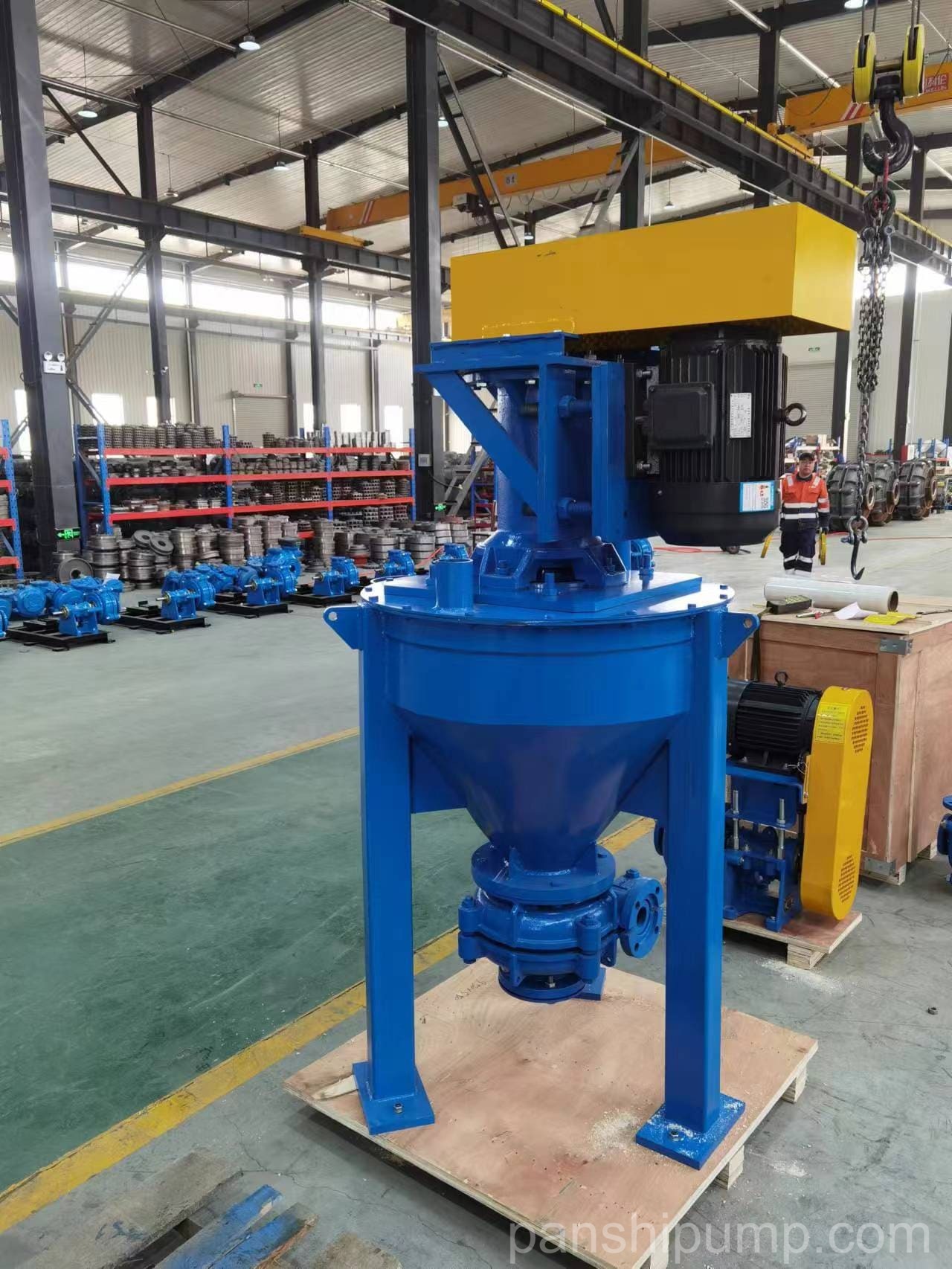
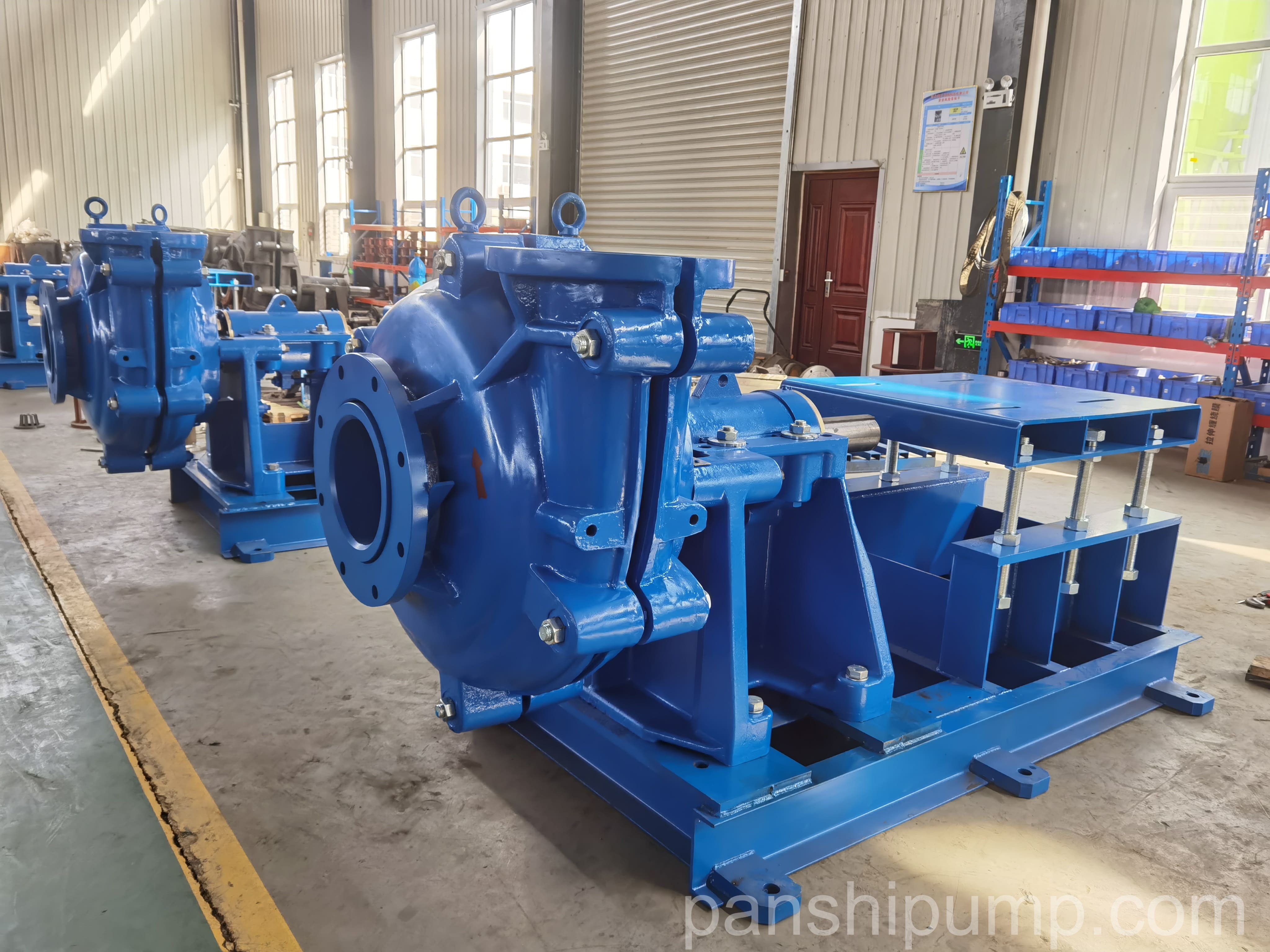
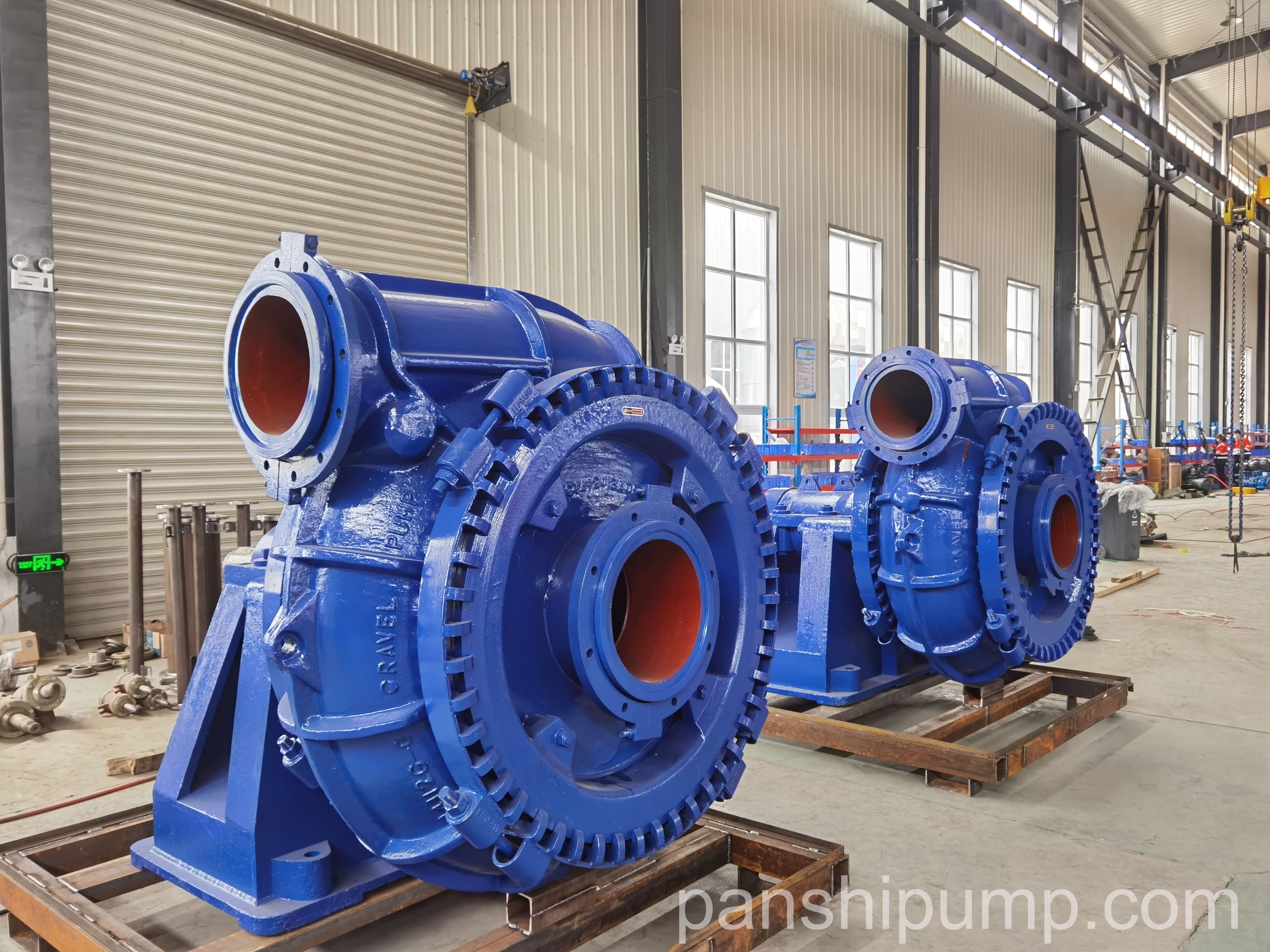
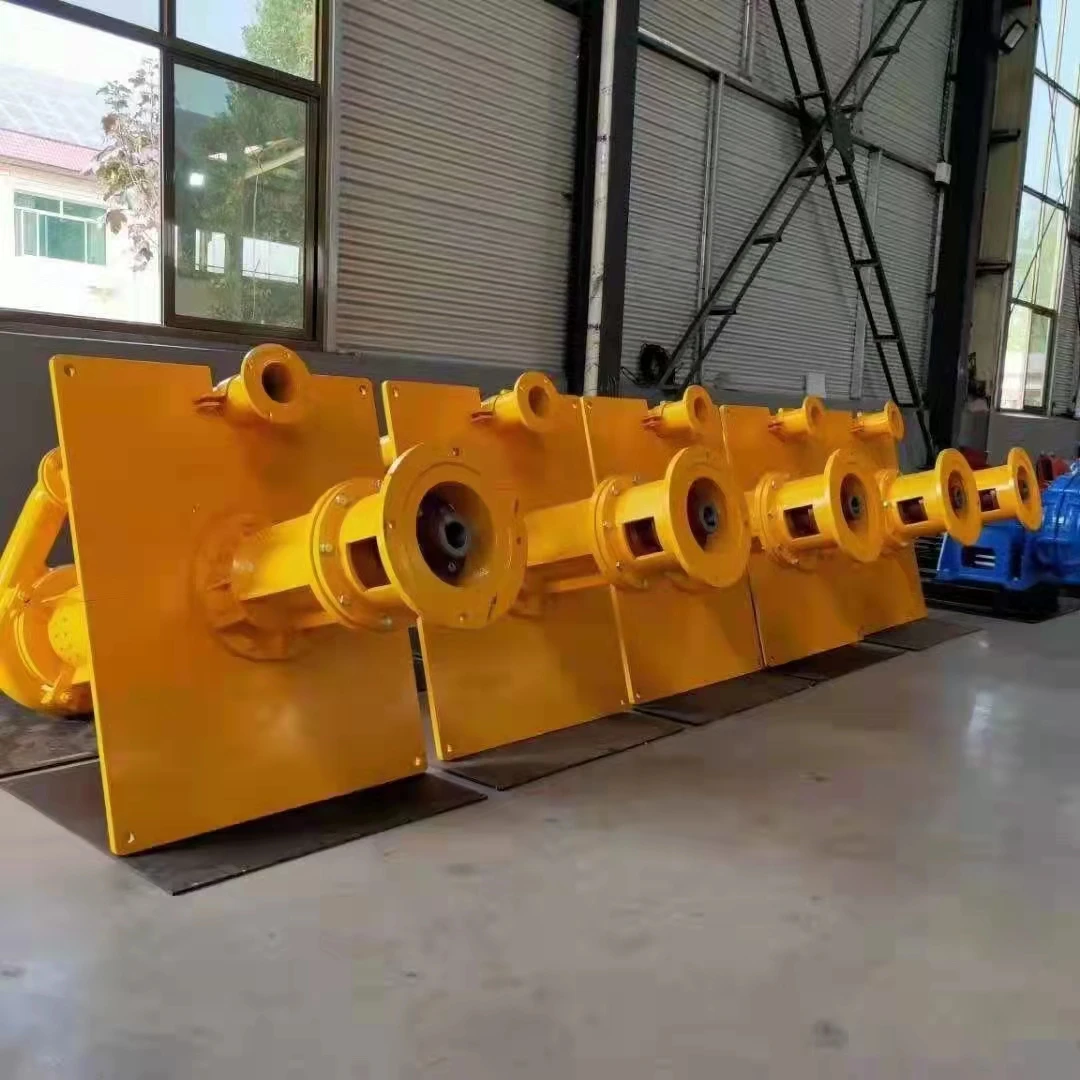
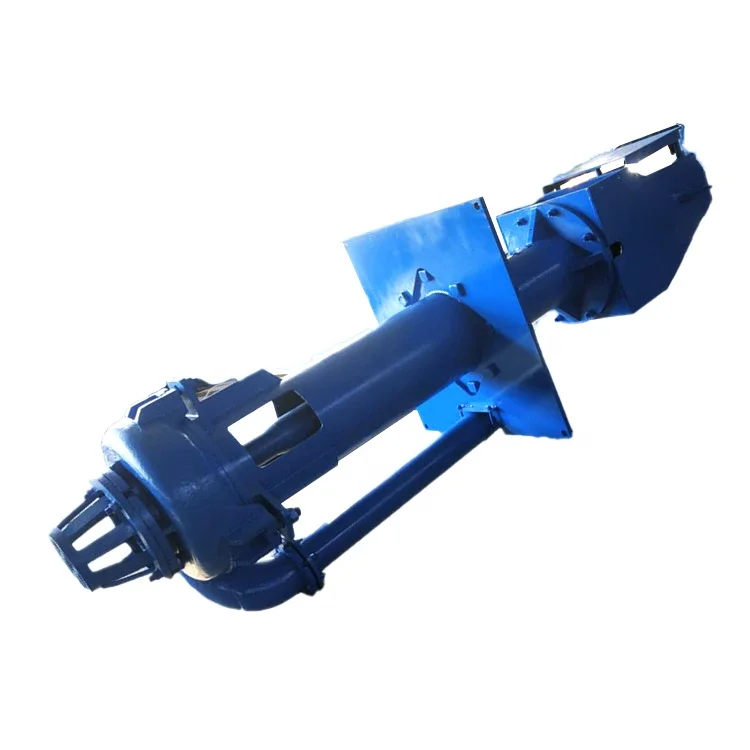
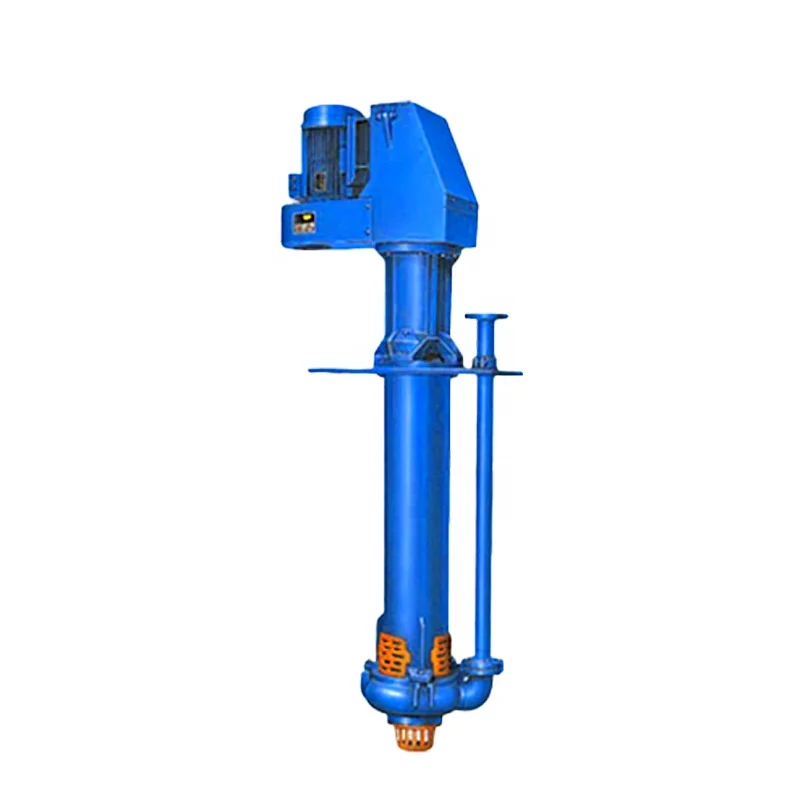
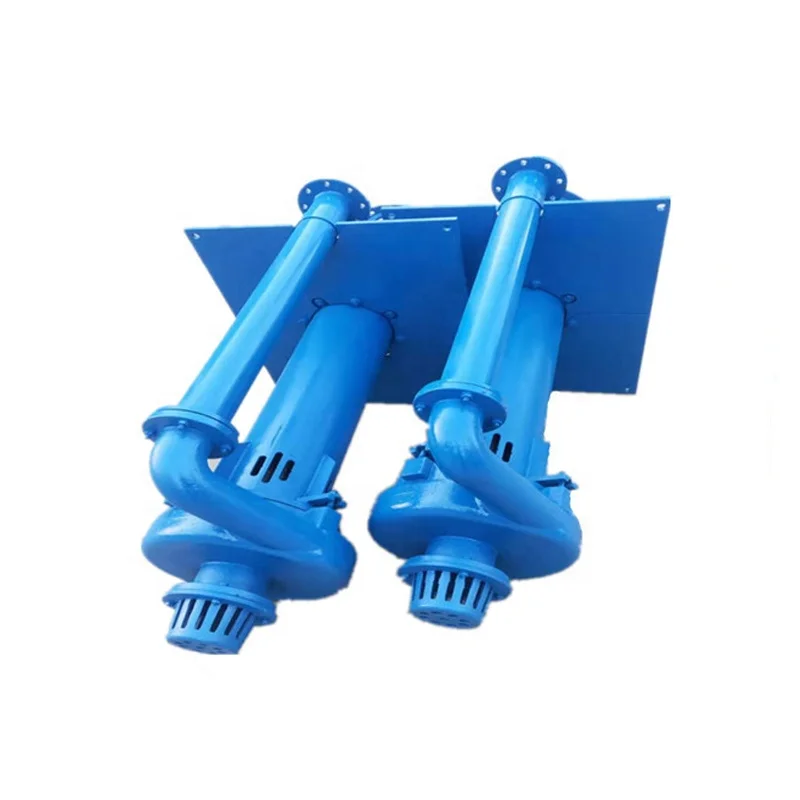
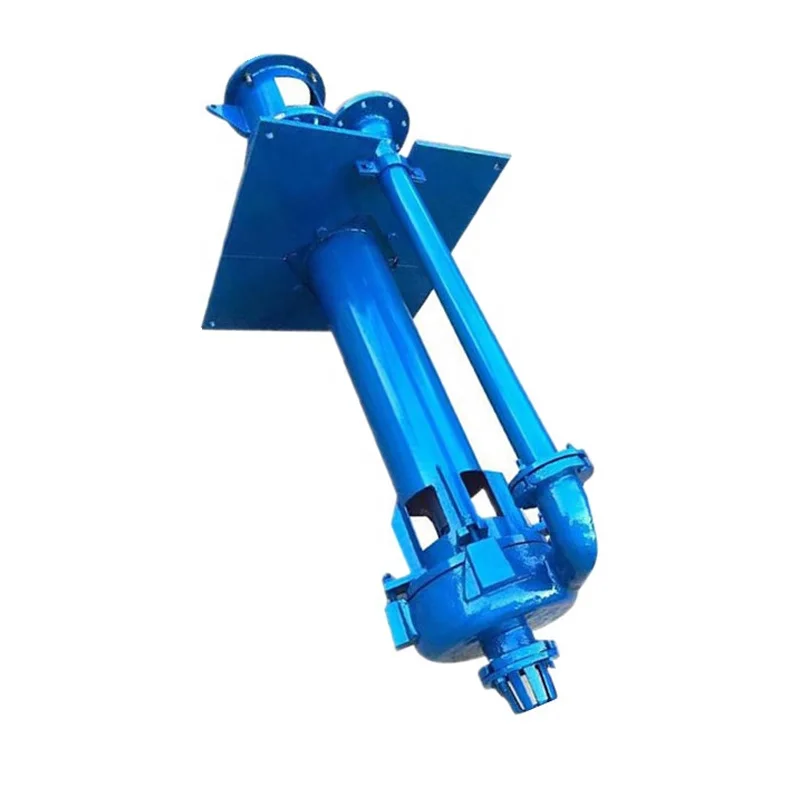
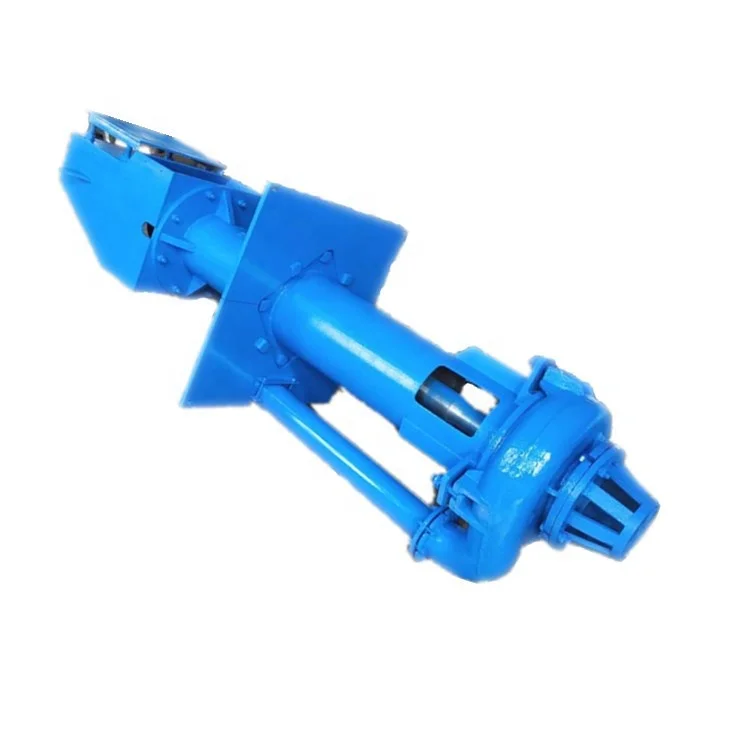
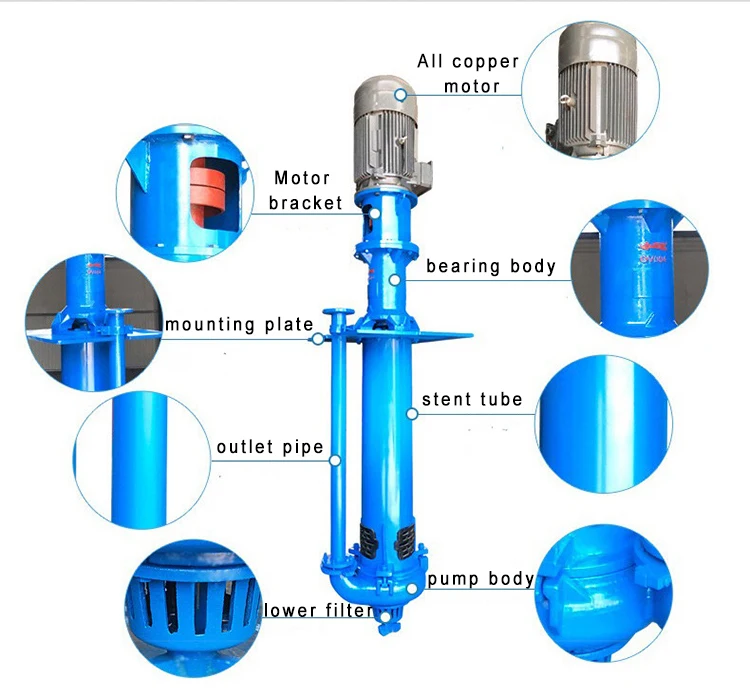
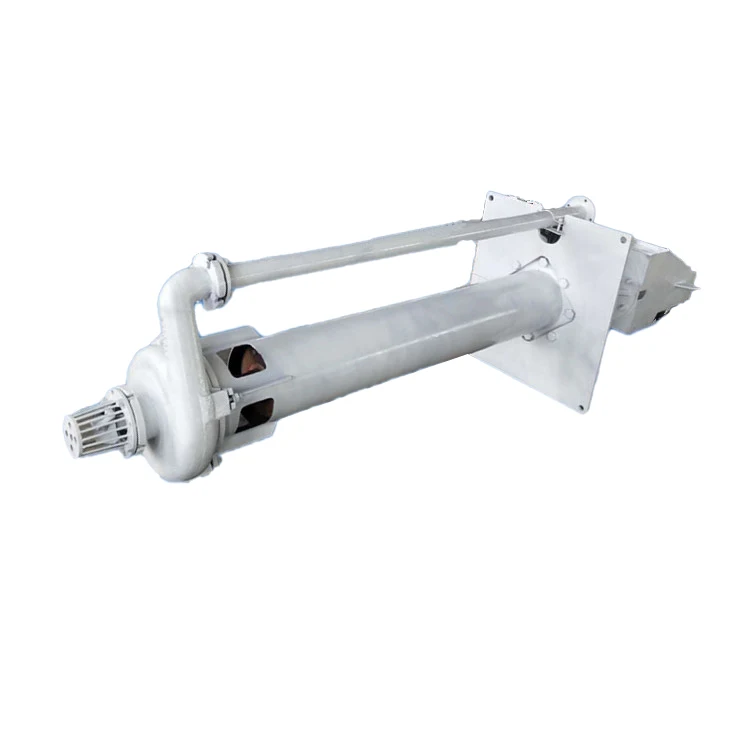
Please login to write a comment after